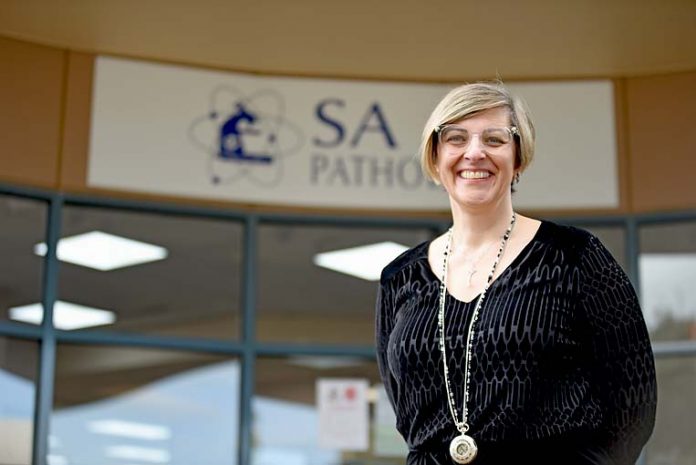
THE region is now in the coronavirus “danger zone” as a number of restrictions are peeled back, according to a prominent Limestone Coast medical chief.
Limestone Coast Local Health Network executive director of medical services Dr Elaine Pretorius warned the easing of some restrictions this week did not mean the COVID-19 threat was over.
“We will the luckiest people in the world if we do not see any more COVID-19 cases,” Dr Pretorius told The Border Watch.
The medical professional issued a renewed warning about heading out to crowded shopping centres and other public spaces.
“We are now in the danger period, we need to be careful,” Dr Pretorius said.
With some sections of the business sector pushing for more restrictions to ease, the regional leader said she was “opposed” to any suggestions restrictions should be eased rapidly.
“We have done so well, we need to see a gentle lifting of restrictions,” Dr Pretorius said.
She warned it was inevitable the region would record additional cases and the COVIDsafe tracing app and thorough testing would be vital tools moving forward.
Dr Pretorius said these measures would help authorities quickly trace contacts and “clamp down” to prevent a cluster emerging.
She warned against jumping towards “open season”.
“We are less likely to be able to do that if we have 80,000 people at the MCG – we cannot trace contacts in such large crowds,” Dr Pretorius said.
She said there were asymptotic carriers within the Australian community and while there were border restrictions, people considered essential travellers were still flowing into the state.
With outdoor dining to 10 people now allowed at regional hospitality venues, Dr Pretorius urged caution and called for operators to ensure there were meeting social distancing with the configuration of tables.
Dr Pretorius described pictures showing of people crammed into shopping centres in New South Wales as concerning and a trend the region must avoid.
“This really worries me. When you pick up a hanger and or a product off the shelf, how many times a day has someone touched these items,” she questioned.
Regarding regional travel, Dr Pretorius said this would acceptable if people followed social distancing and did not hold parties.
“We just need to see what is happening in Germany and how a second peak is a real concern. The last thing we want to do it go back into tougher restrictions.”
With some sports training resuming this week for some sports, Dr Pretorius said it was important parents weighed up the risk and the type of sport.
She also harboured concerns regarding sports with close contact given the risk of community transmission.
“It is also important to educate your kids about hygiene and social distancing and to consider whether other kids are as careful as your child.”
Parents are urged not to send any unwell children to sporting activities and ensure they are tested for COVID-19 if they have symptoms.







